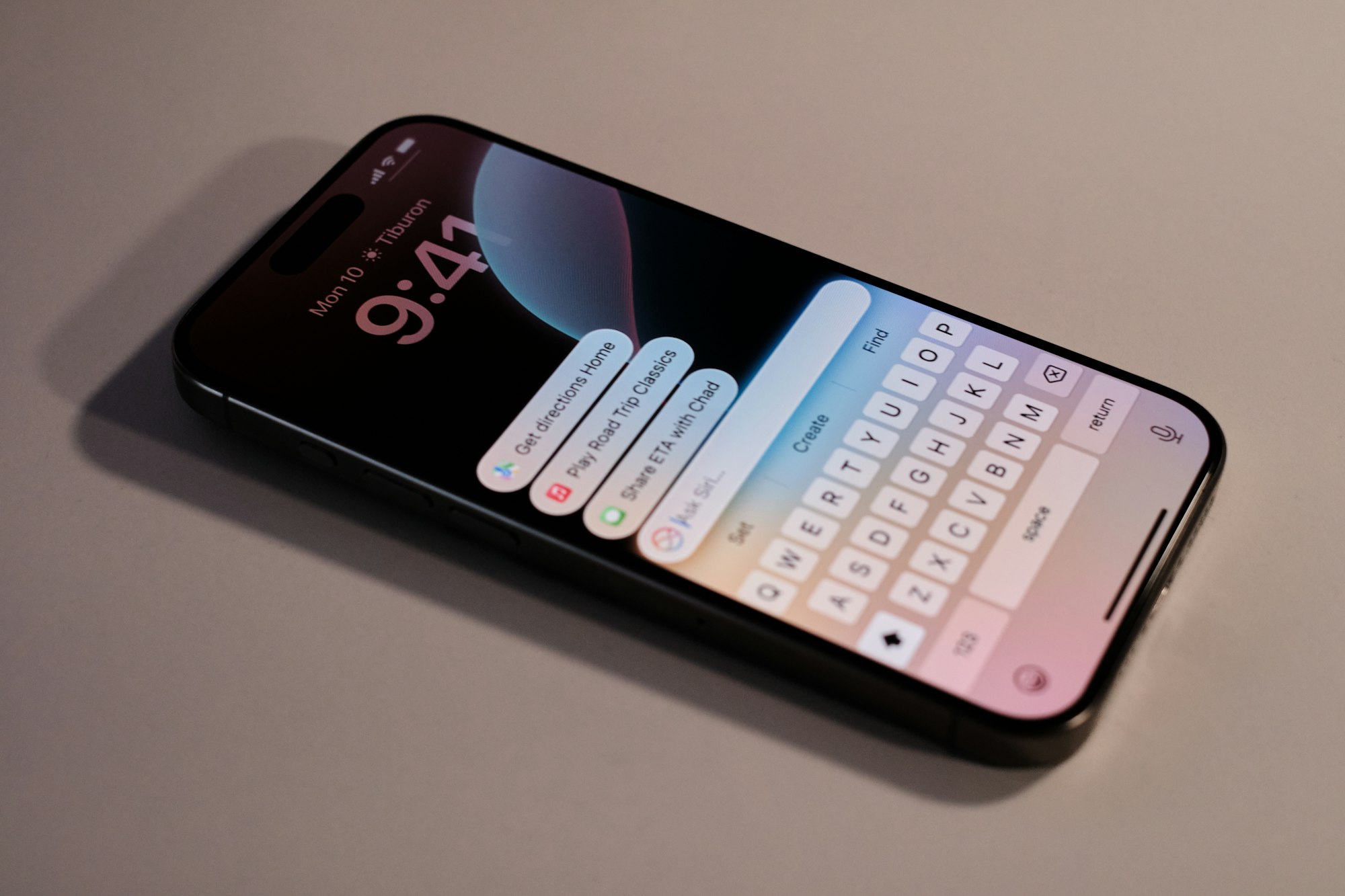In an increasingly digital world, our smartphones have become indispensable tools for communication, navigation, and productivity. However, these devices also act as powerful tracking tools, capable of logging our locations, habits, and preferences. Recognizing the potential privacy risks associated with smartphone tracking, the National Security Agency (NSA) has issued a warning and provided recommendations for users to regain control of their personal data.
Intersection of Section 702, Net Neutrality, the Internet Bill of Rights, and the Patriot Act
This article explores the NSA’s guidance, explains why disabling tracking is essential, and offers actionable steps to secure your smartphone from unwanted surveillance.
Mobile Application Security: A Comprehensive Guide to Protecting Your Personal Data
Why Smartphone Tracking Is a Concern
Smartphones are equipped with advanced features such as GPS, Wi-Fi, and Bluetooth, which can be exploited for tracking purposes. Apps, advertisers, and even malicious actors can leverage these capabilities to monitor your location, behavior, and interactions.
Key Risks of Smartphone Tracking
- Privacy Intrusion: Personal data, including location history and habits, can be accessed and sold without your consent.2. Security Threats: Tracking data can be used to target individuals for cyberattacks, physical crimes, or unauthorized surveillance.3. Data Monetization: Many free apps rely on tracking data for revenue, compromising your privacy to maximize profits.
Privacy-Focused Alternatives to Popular Apps and Services
NSA’s Recommendations to Disable Smartphone Tracking
The NSA emphasizes the importance of mitigating tracking risks through a series of simple but effective measures. Below is a breakdown of their guidance:
1. Turn Off Location Services
Location services are one of the primary tools used for tracking. While necessary for navigation apps, they should be disabled when not in use.
- For iOS: Go to Settings > Privacy & Security > Location Services. Toggle off or customize permissions for specific apps.- For Android: Go to Settings > Location. Disable location services or manage permissions for individual apps.
2. Manage Wi-Fi and Bluetooth Connections
Wi-Fi and Bluetooth can expose your location even when you’re not actively using them.
- Disable Wi-Fi and Bluetooth when not in use.- Use “Forget This Network” for public Wi-Fi connections to avoid automatic reconnection.- Disable Bluetooth scanning features often found in Settings > Location > Wi-Fi & Bluetooth Scanning.
3. Minimize App Permissions
Apps often request permissions that are unnecessary for their functionality. Review and revoke permissions for apps that don’t need access to your location or other sensitive data.
- For iOS: Go to Settings > Privacy & Security. Check permissions for each app under the relevant categories.- For Android: Navigate to Settings > Apps > Select an app > Permissions.
4. Disable Ad Tracking
Advertising identifiers are used by companies to serve targeted ads based on your behavior.
- For iOS: Go to Settings > Privacy & Security > Tracking and toggle off “Allow Apps to Request to Track.”- For Android: Go to Settings > Privacy > Ads and toggle on “Opt out of Ads Personalization.”
5. Regularly Update Your Device
Keeping your operating system and apps updated ensures you have the latest security patches to protect against vulnerabilities.
Additional Steps to Enhance Smartphone Privacy
Beyond the NSA’s recommendations, there are additional measures you can take to safeguard your smartphone from tracking:
1. Use a VPN
A Virtual Private Network (VPN) encrypts your internet connection, making it harder for third parties to track your online activity. Choose a reputable VPN provider with a strict no-logs policy.
2. Enable Airplane Mode
When privacy is critical, enabling airplane mode disables all wireless communications, including GPS, Wi-Fi, and Bluetooth.
3. Avoid Downloading Unknown Apps
Stick to official app stores and verify the credibility of developers before downloading apps to minimize the risk of malware or spyware.
4. Monitor Background Data Usage
Some apps track you by running in the background. Check your phone’s data usage settings to identify apps consuming data without your knowledge.
5. Use Encrypted Messaging Apps
Opt for messaging apps with end-to-end encryption, such as Signal or WhatsApp, to secure your communications.
Balancing Privacy and Functionality
While disabling tracking features can significantly improve your privacy, it’s essential to find a balance between security and functionality. Some tracking features, like GPS for navigation, are indispensable for specific tasks. Customize your settings to allow location access only when required, and always prioritize security over convenience.
Final Thoughts
As the NSA warns, smartphone tracking poses real risks to your privacy and security. By implementing the steps outlined in this guide, you can significantly reduce the likelihood of being tracked while maintaining control over your personal data.
Take the time to evaluate your smartphone’s settings today—your privacy and security are worth the effort.
If you found this guide helpful, consider sharing it with friends and family to raise awareness about smartphone tracking risks and how to combat them.
